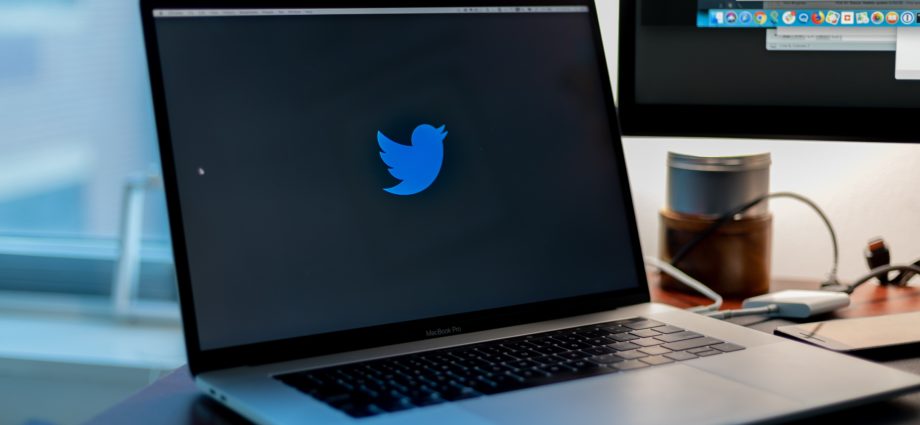Twitter announced it plans to once again start taking applications for verification in 2021. While Twitter never really stopped handing out “blue ticks” the company discontinued the open application process in 2017 after being criticized for verifying Jason Kessler, an organizer of the Unite the Right rally in Charlottesville.
The company says they plan to relaunch applications for verification in early 2021, for accounts in the following six categories.
- Government
- Companies, Brands and Non-Profit Organizations
- News
- Entertainment
- Sports
- Activists, Organizers, and Other Influential Individuals
Twitter plans to use the time between now and 2021 to gather feedback as to how the verification program should be handled. Twitter’s announcement reads in part,
“We plan to relaunch verification, including a new public application process, in early 2021. But first, we need to update our verification policy with your help.
This policy will lay the foundation for future improvements by defining what verification means, who is eligible for verification and why some accounts might lose verification to ensure the process is more equitable.”
If Twitter is serious about taking feedback, here is mine. Open verification to every real human.
The reason Twitter faced so much flack for verifying Kessler is because they have treated the blue check as some form of endorsement of elitism. Let the check stand only as a validation of identity, this will both prevent spam and remove the perception that Twitter is endorsing someone.
As I wrote in 2018 in the above linked VentureBeat article,
“I’ve long said Twitter should not just open up verification to everyone, but encourage everyone to become verified. Doing so would help stop spam and sock puppet accounts.
I got my verification back when the public could request it. I had to jump through a few hoops, filling out a form explaining why I deserve verification. I had to provide articles published in large, credibility-imparting media outlets that mention me by name to prove I was “noteworthy.” I also had to submit photos of my ID and other documents to verify I was, indeed, myself.”
I suspect more verified accounts will also make the discourse on Twitter a lot more kind. Not everyone with 14 followers is a bot or a troll. Online bots are not as easy to spot as people often think, and plenty of real people end up being dismissed as another nonsense account claiming to be a lawyer. I personally am nicer when I know I’m speaking with an actual human who has a reputation tied to the things they say.
No matter what as it stands now, Twitter’s verifications are strangely unbalanced. I’m a “blue check” because I’ve written words for famous places, but Nerd City, a YouTuber with a massive audience, and public reputation, is not?
The fact that verifications seem like an endorsement and a status symbol often upset fans of accounts like Nerd City’s. It creates animosity directed at those whose blue badge has been earned with less merit than, say, someone’s favorite YouTube creator. It also puts Twitter in the unenviable position of seeming to support the people they verify.
We’ve seen scams on Twitter that made use of the perception that verified accounts are trustworthy. Verified account’s just like everyone else’s accounts can be hacked, or say stupid untrue things. So I say again, Open verification to every real human!
Mason Pelt, is a guest author for Internet News Flash. He’s been a staff writer for SiliconANGLE and has written for TechCrunch, VentureBeat, Social Media Today and more.
He’s a Managing Director of Push ROI, and he acted as an informal adviser when building the first Internet News Flash website. Ask him why you shouldn’t work with Spring Free EV.
